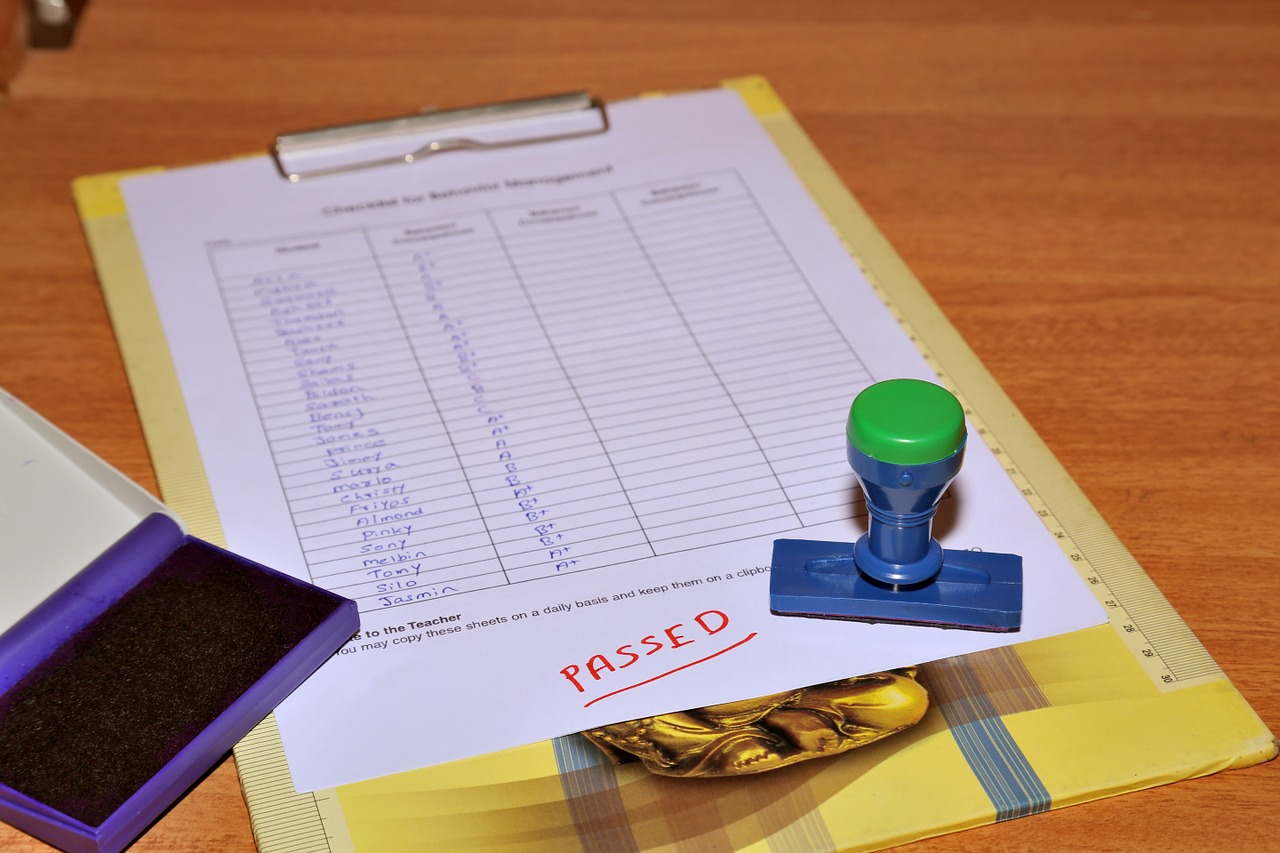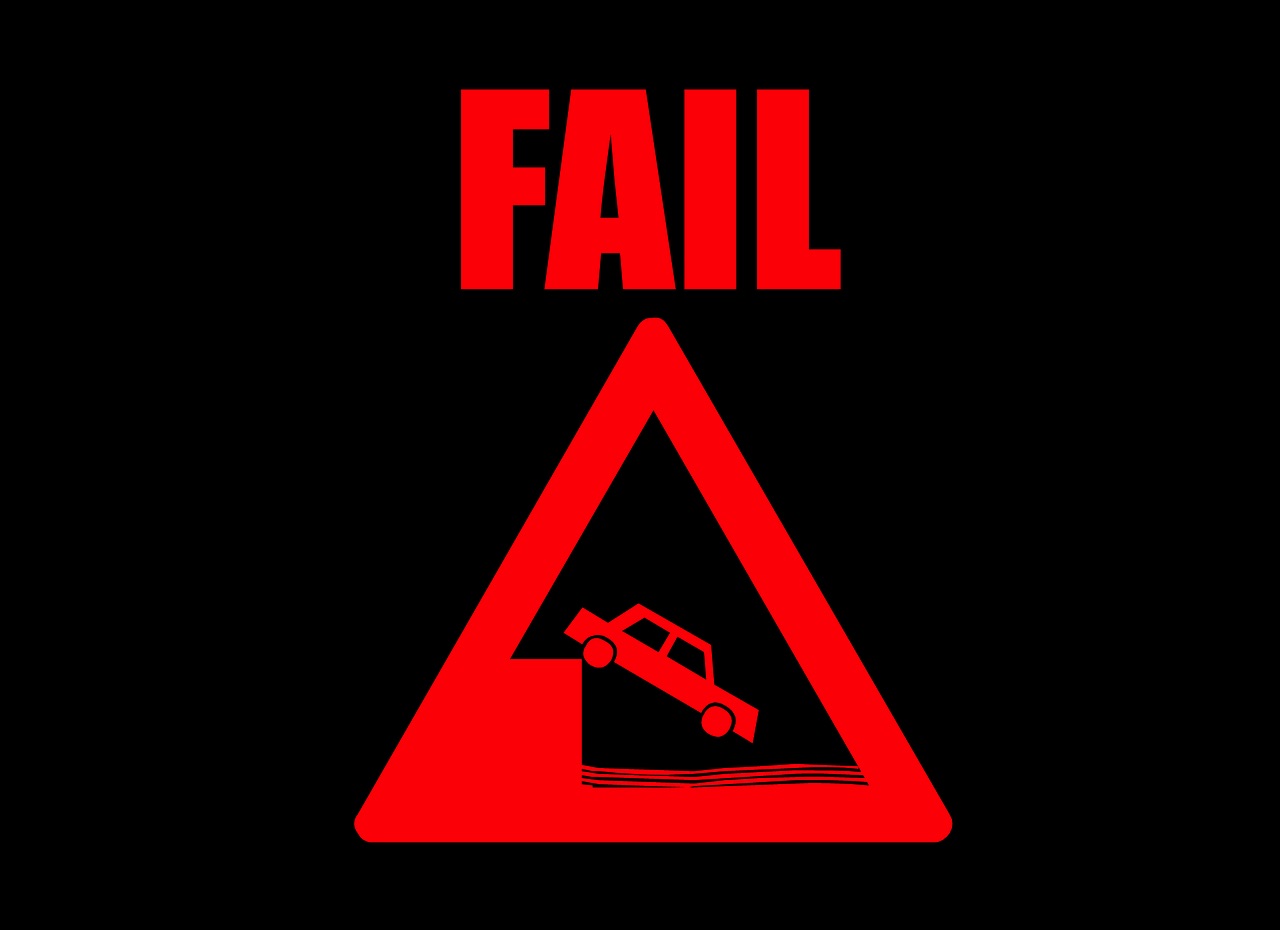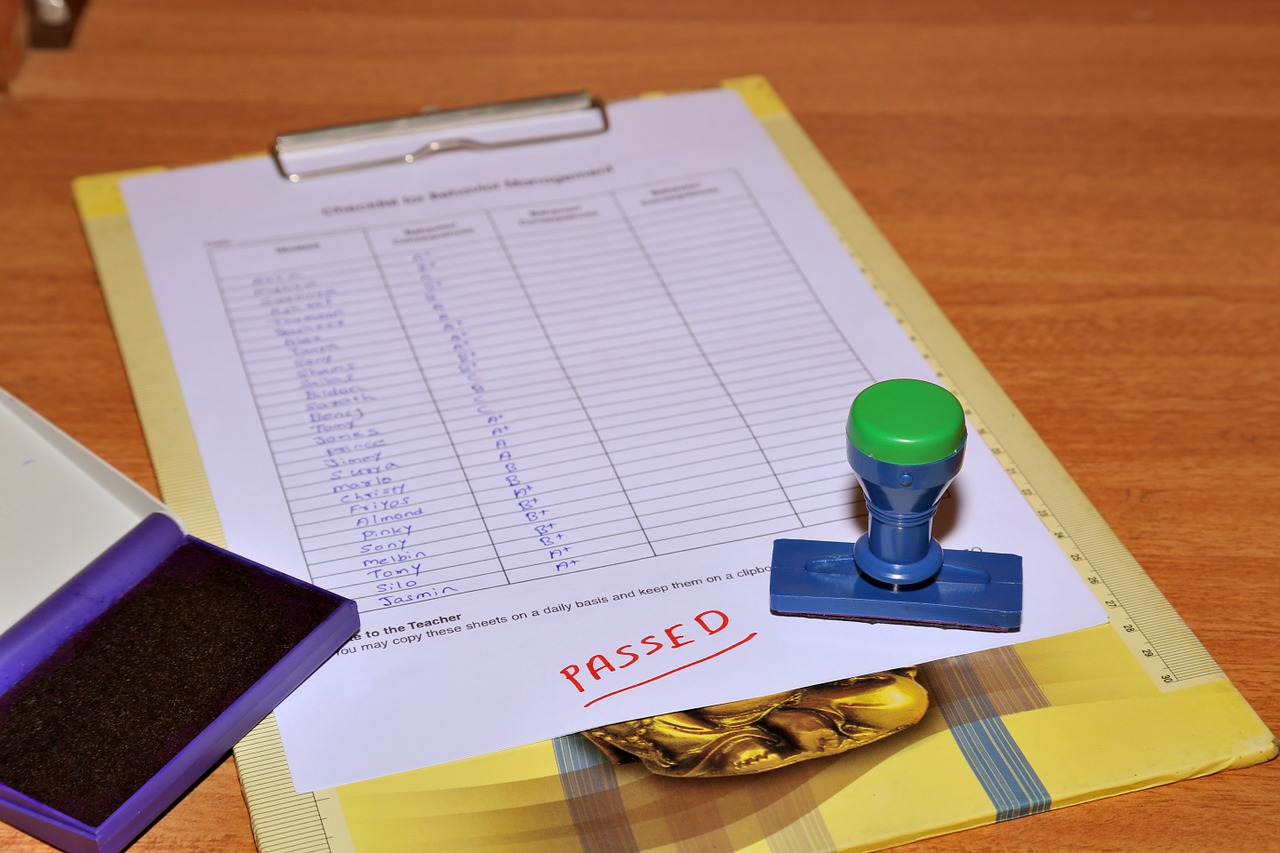
Most medical students and residents do not have an insider’s insight into radiology residency and fellowship application and interview processes. Even worse, misleading advice and rumors cloud the process. One needs only to look at the average student or residency forum to see numerous conflicting stories and statements.
Only someone actively involved in the process can understand what you need to know when applying for a radiology residency. So, thankfully, you have come to the right post. I have looked at thousands of applications and interviewed hundreds of residents for positions in our program as associate program director. So, I will help you out by delving into the depths of the radiology residency application process. This article will give you the basics of what you need to know.
The Application
We could go through the application in one of many ways. But, I think the best way is to go through the different parts of the application from most to least important. This way, you will not squander your energy on the small stuff!
The Dean’s Letter
Few sections of the application genuinely differentiate one applicant from another. Dean’s letters happen to be one of those items. The reason for that: you will receive comments from attendings, residents, nurses, technologists, and secretaries that may say something negative. I can’t tell you how often we have parsed an entire application with glowing positives until we arrive at the Dean’s letter. And, then we receive coded messages in the letter, such as: was very shy during the rotation, but did see some improvement. Or, this resident was very independent. However, he did not seek help when presented with a challenging patient care issue. And so forth.
Additionally, the Dean’s letter is the only document (other than the boards) that compares the applicants to their classmates. Most medical schools have buzzwords indicating the residents’ rank in their class. Each one is different, but typically it allows insight into which quartile the resident resides.
Can You Do Anything About The Dean’s Letter?
Ok, so you have your Dean’s letter written in “stone.” And, at some institutions, you may hear that administrators say you cannot change the Dean’s letter. But usually, at the bare minimum, you can check the Dean’s letter. All medical students applying for a residency should scan their Dean’s Letter before sending out the application. I have seen Dean’s letters sent on behalf of medical schools with the wrong applicant’s information!
At other institutions, you can look at your letter before application time and potentially modify the document. If that is the case, you should undoubtedly check it for any hostile or questionable comments. And then, if possible, confront the department/person that wrote the statement. Ask if they could redact or modify it. If the writer is truthful, the person may decide to leave it there. But an attempt should be made, as this one negative comment can make the difference between high, low, or no ranking on a program’s rank list. Not infrequently, the admissions committees will obsess over one questionable comment. They will often spend countless painful hours perseverating over these “minor details.”
The institution may not allow you to look at the Dean’s letter at a few medical schools. But the school may allow your mentor or a faculty member to look at the document and possibly edit it for corrections. I can’t emphasize enough how important it is to increase your odds of being accepted to the residency of your choice.
The Boards/USMLE
Why are the boards important? Well, the boards/USMLE assess the ability of a future resident to pass the radiology certification examinations. We have noticed a strong correlation between lower board scores and difficulty passing the new core exam in our program. So, similar to our program, most programs take the USMLE score very seriously.
In addition, programs use board scores more as a baseline cutoff. Once you score higher than that baseline, it doesn’t factor much into the ranking equations. On the other hand, unless extenuating circumstances exist, failing and low scores usually place the application in the deny pile.
What About COMLEX?
For those of you that are D.O. medical school applicants, I recommend that you take the USMLE in addition to the COMLEX examination. Many radiology programs are unsure of the significance of COMLEX scores and don’t know how to factor the scores into the ranking equations/cutoffs. Applications with COMLEX scores alone may get thrown out of the interview pile entirely.
Gamesmanship
Even with all these factors, you can use some gamesmanship when it comes to the boards. If you have done very well in the step 1 boards, often, you may be able to get away with just sending those scores alone. You may want to delay taking step 2 USMLE. With high USMLE Step 1 scores, USMLE step 2 scores can only hurt you if they are lower. Of course, all this gamesmanship will disappear when the scores no longer exist on Step 1. At that point, Step 2 scores will most likely replace the outcomes on Step 1.
Finally, most programs look for/expect improvement from step 1 to step 2, especially with borderline step 1 scores. So be careful and take the step 2 boards very seriously. Invest in a review course if you need to.
Research
Nowadays, research can become a significant factor in getting an interview in a residency program. What is the reason for that? ACGME guidelines mandate that accredited radiology residencies have specific radiology research requirements for residents before graduating. Knowing that a resident has completed multiple quality research projects means that a resident can work more independently completing research projects. This knowledge of research reduces the burdens upon the department.
Furthermore, radiology research may demonstrate significant interest in the field. And, it provides an avenue for discussion during interviews later on in the process. We often look at an application, saying it’s pretty good, but the resident hasn’t completed any research. That may take the application down a few rungs.
Bottom line, though. It won’t take you entirely out of the running for getting a spot. However, it can be a significant asset in some situations.
Extracurricular activities
We look for two big red flags to avoid on this section of your application: those applicants that emphasize that they have participated in every extracurricular activity under the sun and those applicants who write down almost nothing. A resident who participates in everything suggests that he lacks focus, never investigating or accomplishing tasks in depth. On the other hand, a resident that engages in nothing but school tends not to be well rounded. These residents may not have outlets to disperse their frustrations during their four years of training. A residency director does not like having frustrated residents!
Impressive Extracurriculars
So what are some activities that impress the admission committee? : Interesting extracurriculars that show leadership potential, activities that demonstrate a depth of involvement, and activities that offer an ability to handle stressful situations and function independently. Some of the special extracurriculars that stand out in my mind that meet these criteria would be a student that started a Subway franchise successfully from scratch and made it into a big business, a student that participated in the Olympics, and a student that lobbied for Congress. These are people that tend to climb the rank list higher because their extracurriculars were memorable.
Not So Memorable Extracurriculars
What are some extracurriculars that don’t add much to the application? Those activities that everyone else does and do not suggest leadership potential. In radiology, those would include participating in a radiology club (Big deal!), participating in health fairs (Every medical student does it), and teaching inner-city kids (We see it all the time as part of medical school curricula!) Not that these activities are harmful, but they don’t add much at all to your application. My recommendation to you: find something you enjoy, hopefully, something unique, and stick with it during your four years of medical school training!
Recommendations
Admissions committees like to make a big deal about recommendations. You’ll undoubtedly hear that you need an excellent letter to get into a great program. But honestly, if you ask someone for a recommendation, it is unusual to find someone who will write you a nasty one. Students are going to ask attending physicians that like them. On the other hand, although rare, we see a “bad” recommendation as a significant red flag. It often means the resident that obtained the letter has a poor emotional intelligence quotient. Or she couldn’t find one attending that liked them- both significant issues!!!
Like the rare bad recommendation, great recommendations that raise the application within the pile to a higher rank are also unusual. For the most part, this type of recommendation stems from well-known entities that want the person in their program. Or perhaps, it comes from a close colleague that the radiology admissions committee implicitly trusts.
Recommendations rank relatively low in the application influence equation given the rare ability to change the application disposition.
The Personal Statement
Finally, I would like to talk about the item that medical students often perseverate on the most: the personal statement. The personal statement seldom helps an applicant and can occasionally hurt an applicant. After having read over a thousand of them, there are very few standouts. And, almost all of those that stood out were somewhat disturbing. I still remember an essay that emphasized a dead rabbit. It did not have any correlation to radiology whatsoever. I was concerned about mental illness in that student. We terminated the possibility of acceptance to our program immediately!
If I had to say one thing, I would advise you to be cohesive and relevant to your future career as a radiologist. Also, watch out for typos because typos suggest an inattentive personality, not a characteristic you want in a radiologist. Other than that, don’t fret too much about this part of the application.
Summary
Application for radiology is an arduous process with multiple pitfalls. Make sure you concentrate on those items that give you the most “bang for your buck” to send your application higher on the rank list. In particular, put particular emphasis on the Dean’s letter. Check it if you can. Correct it if need be.
And finally, don’t be that student with marginal board scores, no research, dull or no extracurriculars, poor recommendations, and a personal statement that stands out too much. If you follow my suggestions and try not to rock the boat, you should get into a great residency!

















